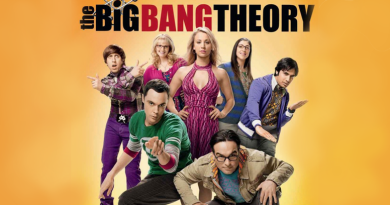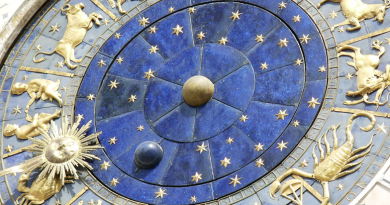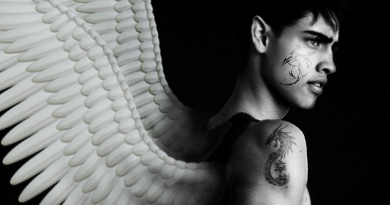The term ‘Postpostmodernism’ has entered modern thought over the last few years and can be found peppered through works in many disciplines including Literary theory, Psychoanalysis, Historiography and Marine Biology. It can be seen in many ways as growing out of, reacting against, refracting, reflecting, revisioning both Modernism and Postmodernism.
Recently the Catalan Cultural Theorist Philipe Orina proposed ‘under-retracting’ as another possible relationship between Postpostmodernism and its (m)ancestors but this was rejected out of hand by most other people active in the field and condemned as a "meta-linguistic delusion" and "spatio-patriarchal" by the Latvian Historio-physiologist A(man)DA BELL(man) in her latest book ‘Why ‘Under-Retraction’ is a Spatio-Patriarchal Meta-Linguistic Delusion’, on sale now. But what does ‘it’ ‘mean’ to be Postpostmodernist?
Postmodernism famously proposed that we now live in a world of mass-media simulation and that any attempt to find a stable reality behind this bewildering cacophony of noisious intermingling was impossible. The ‘real’ has disappeared and can now only be found in backward Third World countries. So a famous book written by French alcoholic Jean Baudrillard could claim that ‘The Gulf War Did Not Take Place’. Postpostmodernism seeks to explode the parameters of Postmodern thinking, purifying it of its reliance of concepts such as the ‘material nontranscendental signified’ which seeks to claim for itself a referential relationship with concepts which in themselves do not refer out of themselves in a world where referential functions are self-referring. This, according to the Madagascan Sociologist Marc Ravalomanana is conceptual fraud which can be undermined while supported by freely positing a series of simulated presences which signify only through negation. He collates his thoughts on Baudrillard in the book ‘Not Only did the Gulf War not Take Place but it did not Take Place on the Moon’.
Sensitive to claims that Postpostmodernism can seem apolitical and confusing, some theorists have been keen to show how the tenets of this school of thought can apply to situations outside of academia. Hermione McDubh, who lives and writes in Ullapool points out-
"Postmodernists tended to eschew more conventional forms of political participation in favour of interventionist discourse formation and vigorous decentring of naïve cultural paradigms. We are not Postmodernists. We are Postpostmodernists. Therefore we vote Conservative."
This has not calmed the nerves of many Postmarxists and Prefeminists who have accused Postpostmodernism of reinscribing old masculinist and class biased ideas in new theories, a claim dismissed by McDubh as "the disease-minded ramblings of boiler-suited Cockney lesbians."
Indeed the old philosophical problems discussed by many previous philosophical movements seem rarely to be discussed by Postpostmodernists. The favoured academic journal of Postpostmodernism- The Daily Mail- seldom features traditional areas of philosophical enquiry, instead concentrating discussion on issues such as the ‘ersatz determinism of the European Single Currency’ and the ‘overly phenomenological amount of nudity on the television’. Other works on Postpostmodernism can be found below.
Suggested Reading
‘Re-essentialising Foucault: The Intellectual History of the Gendered Wisp’, by Gullette Rutter
‘I am not the I that I am’, by Green Leydon
‘I Love my Brick’, by Jack Hackett
Whither Postpostmodernism?
What do you think, did we get it right? Comment here...
Popular Content
WANT MORE FUNNY LIKE THIS? FOLLOW US ON FACEBOOK









